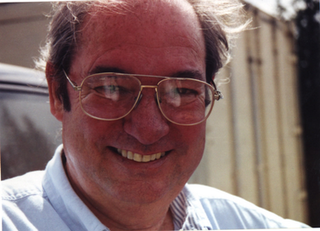A Quote by Ray Davies
Goods gone bad, but right is wrong, and I don't know which side I'm on lately.
Related Quotes
Whenever I hear an American say Aussies drive on the 'wrong side of the road,' I just lose it. You ever think about how those people grew up driving on the 'wrong side of the road,' watched a lot of people get hurt on the 'wrong side of the road,' die on the 'wrong side of the road,' while other people cheered from the 'right side of the road'? Australia has a thing called Highway Fights, so it's touchy.
Every mind has its particular standard of good and bad, and of right and wrong. This standard is made by what one has experienced through life, by what one has seen or heard; it also depends upon one's belief in a certain religion, one's birth in a certain nation and origin in a certain race. But what can really be called good or bad, right or wrong, is what comforts the mind and what causes it discomfort. It is not true, although it appears so, that it is discomfort that causes wrongdoing. In reality, it is wrongdoing which causes discomfort, and it is right-doing which gives comfort.
Resistants were on the right side, Salò Republic's combatants on the wrong one. One cannot equate who was fighting for a right cause of equality and freedom, and who, apart of goodfaith, was on the wrong side. The judgement of the Right [on Fascism] have to be negative, due to freedom limitation. We cannot deny ourselves history, and Fascism was a dictatorship that denied some fundamental freedoms.
Strictly speaking, there are no such things as good and bad impulses. Think...of a piano. It has not got two kinds of notes on it, the 'right' notes and the 'wrong' ones. Every single note is right at one time and wrong at another. The Moral Law is not any one instinct or set of instincts: it is something which makes a kind of tune (the tune we call goodness or right conduct) by directing the instincts.
There's nothing "wrong" with anything. "Wrong" is a relative term, indicating the opposite of that which you call "right." Yet, what is "right"? Can you be truly objective in these matters? Or are "right" and "wrong" simply descriptions overlaid on events and circumstances by you, out of your decision about them?




































